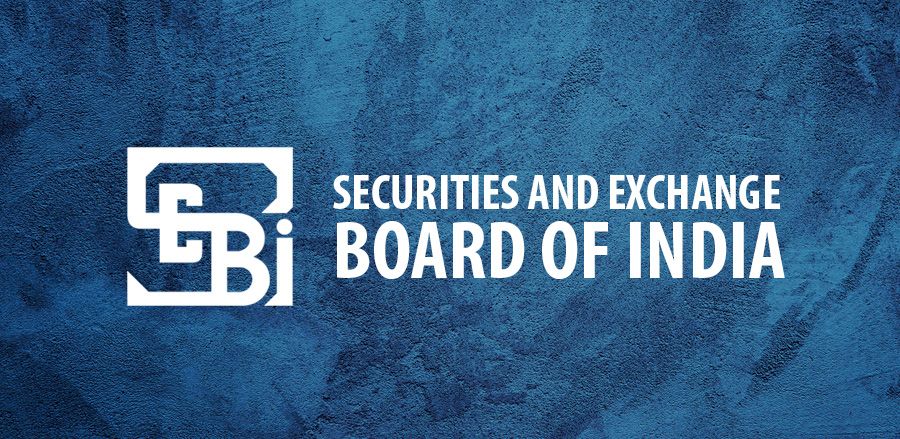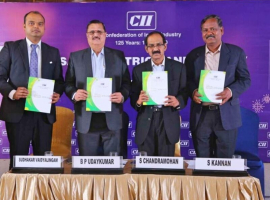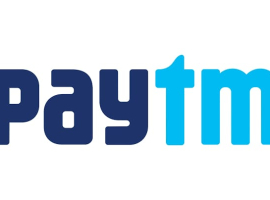The Securities and Exchange Board of India, known as SEBI, plays a crucial role in overseeing both the securities and commodity markets within India. It operates under the Ministry of Finance, a key department in the Indian government. Initially formed on April 12, 1988, SEBI began as an executive body and later gained statutory authority on January 30, 1992, with the enactment of the SEBI Act, 1992. Originally conceived as a non-statutory body to regulate the securities market, SEBI evolved over time. Its headquarters are situated in Mumbai’s bustling business hub, the Bandra Kurla Complex. Additionally, SEBI has established regional offices across India in New Delhi, Kolkata, Chennai, and Ahmedabad, catering to the diverse needs of investors in different parts of the country. Furthermore, SEBI previously maintained 17 local offices nationwide to enhance investor education. However, as of Dec 2023, a restructuring initiative led to the closure of 16 of these offices, reflecting SEBI’s commitment to efficient operations and resource management.




